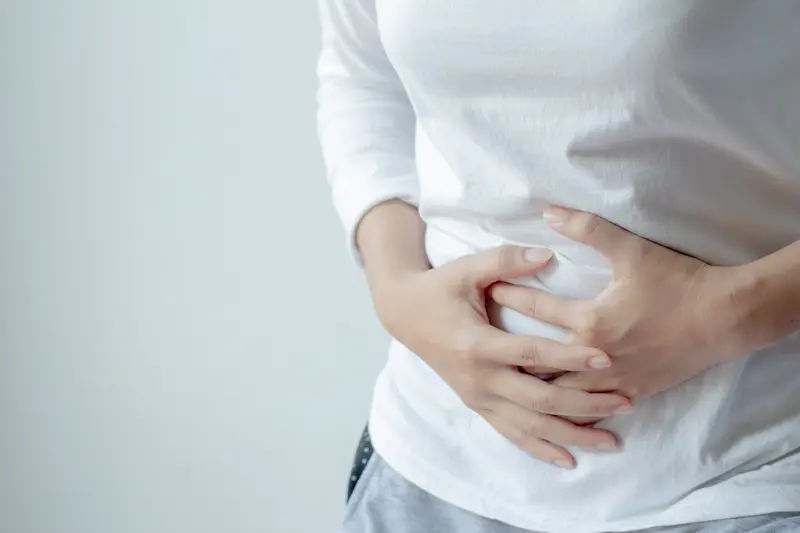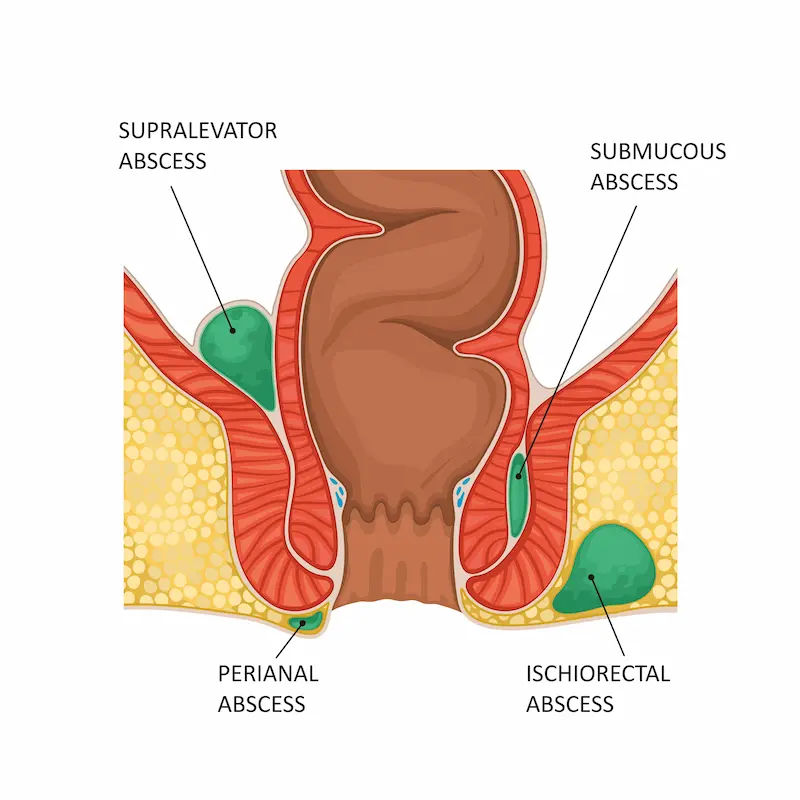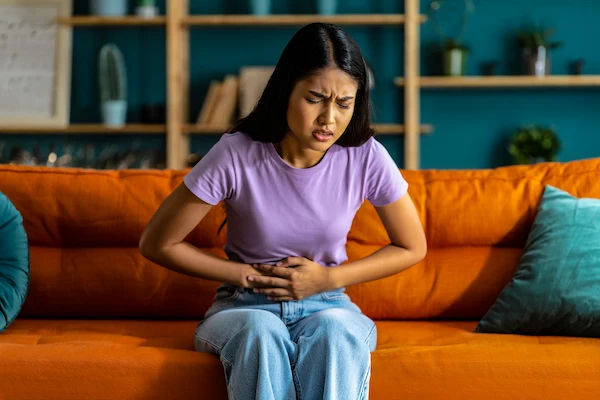- Female
- 54 Years
- 29/01/2025
I'm really worried about my mom's recent health checkup. The ultrasound showed that her gallbladder has quite a few polyps, with one measuring about 15mm. We took the reports to some gastroenterologists, and they think surgery to remove the gallbladder is the way to go. But I'm wondering if there are any alternative treatments or maybe something like homeopathy that might help instead of jumping straight to surgery?
Answered by 1 Apollo Doctors
Gall bladder polyp is incidental findings. Any polyp less than 1.5 cms should be observed and follow up to be done. Polyp more than 1.5 cms carries chances of malignancy and needs removal of gall bladder.
Dr. Anshul Suggests...
Consult a Gastroenterology/gi Medicine Specialist
Answered 04/07/2025
0
0

More Gastroenterology/GI medicine Health Queries
View allI've just found out I have H. pylori and started the HP kit today. But now I'm feeling super hungry all the time after taking it. Do you have any advice on how I can manage this?
Visit your Physician for evaluation and appropriate management
Answered by 1 Apollo Doctors
I've been dealing with constipation for about a year now, and it's been really tough. I end up straining a lot, and sometimes a small part of my rectum sticks out after I use the bathroom. It's kind of worrying because I can push it back in, but it still causes some pain, especially when I'm sitting. I also feel like I need to go to the bathroom around six times a day, which is pretty embarrassing and scary. I'm wondering if there's anything I can do to fix this without having to go through surgery. Any advice would be super helpful.
That could be hemarrhoids,Consume plenty of water and fibre rich food to avoid constipation and plan for surgery as that is the treatment of choice
Answered by 1 Apollo Doctors
I'm looking at these bilirubin levels I recently got. The total is 1.79, conjugated is 0.57, and unconjugated is 1.22. Should I be doing something about this? Is there anything I need to be concerned about?
every thing is normal
Answered by 1 Apollo Doctors
Disclaimer: Answers on Apollo 247 are not intended to replace your doctor advice. Always seek help of a professional doctor in case of an medical emergency or ailment.

.webp)



